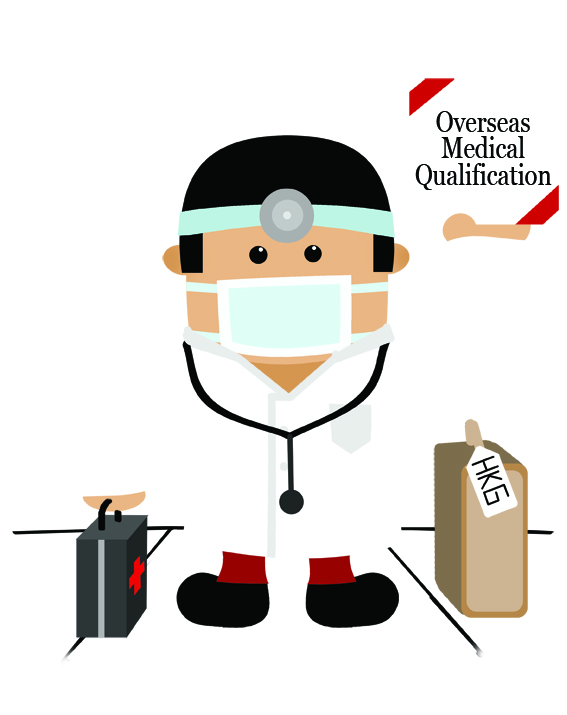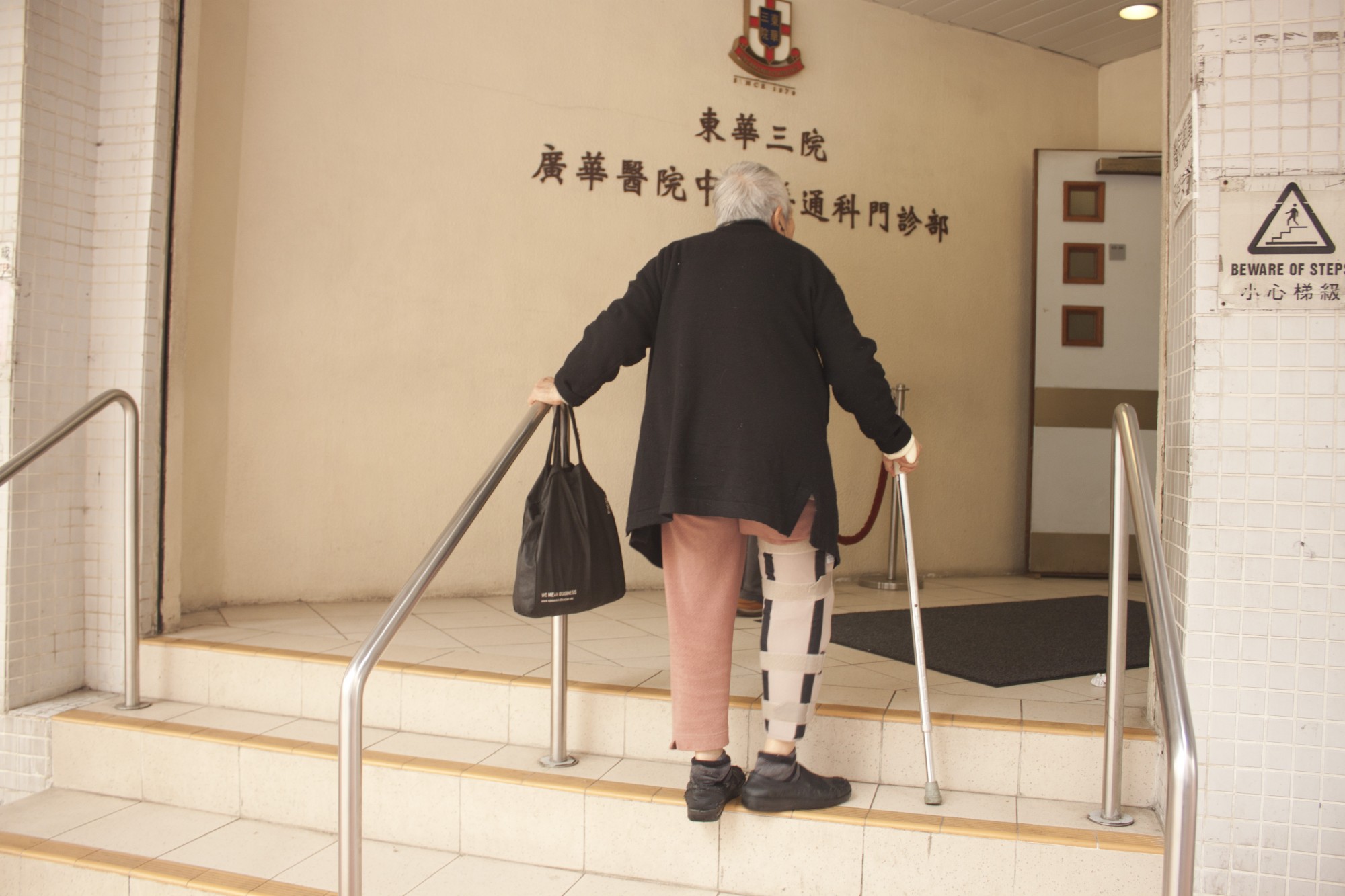Local doctors oppose scheme to make it easier to recruit overseas doctors
Reporters: Sabrina Poh & Viola Yeh
She starts her work day at 9 a.m., spending the morning checking up on and chit-chatting with patients on her ward rounds. Then she has a working lunch or talks to her supervisor at noon. In the afternoon, she has to rush to fit in more patients. Technically, she finishes work at 5 p.m., but she rarely gets to wrap up her work before 7 p.m. When she is assigned to be on-call, which usually happens one to two times per week, she needs to stick around until 1 a.m. the next day. By the time she gets home, she is exhausted; she eats, talks a little to her family and goes to bed.
Dr Vinci Ma, who is in her early 30s, studied and practised medicine in the United Kingdom (UK). She returned to Hong Kong to be with her family. As a result, she has had to adapt to the long working hours and frenetic pace of Hong Kong’s public hospitals. Here, she works 60 to 70 hours per week, compared to 48 hours in the UK.
Ma has been working in the Queen Elizabeth Hospital since 2009. Like other doctors who qualified outside of Hong Kong, she had to sit a re-qualification exam and jump through other hurdles to be granted a partial licence. “We can only practise under limited registration, which means we are restricted to working in public hospitals, in a specific department under a contract,” Ma explains.
Ma earned her medical degree from the University of Nottingham and worked in the UK as a pediatrician for three years before coming back to Hong Kong.
She spent half a year to prepare for the licensing exam set by the Medical Council of Hong Kong (MCHK). “There aren’t any [sample] exam materials. There is a syllabus but it is not very helpful,” she recalls. As a result, Ma had to go through all the materials she studied while at medical school.
She passed the examinations, which have long been criticised as difficult by other overseas-qualified doctors, on her first try. However, she still had to repeat half of her basic training before she could practise.











































I guess its natural human behaviour to oppose something which ppl see as hurting them in some sense. Its upto to decision makers to take appropriate steps, which may be bitter at times. I came across http://www.medicareerinfo.com which provides step by step registration requirements for practicing as doctor in hong kong.